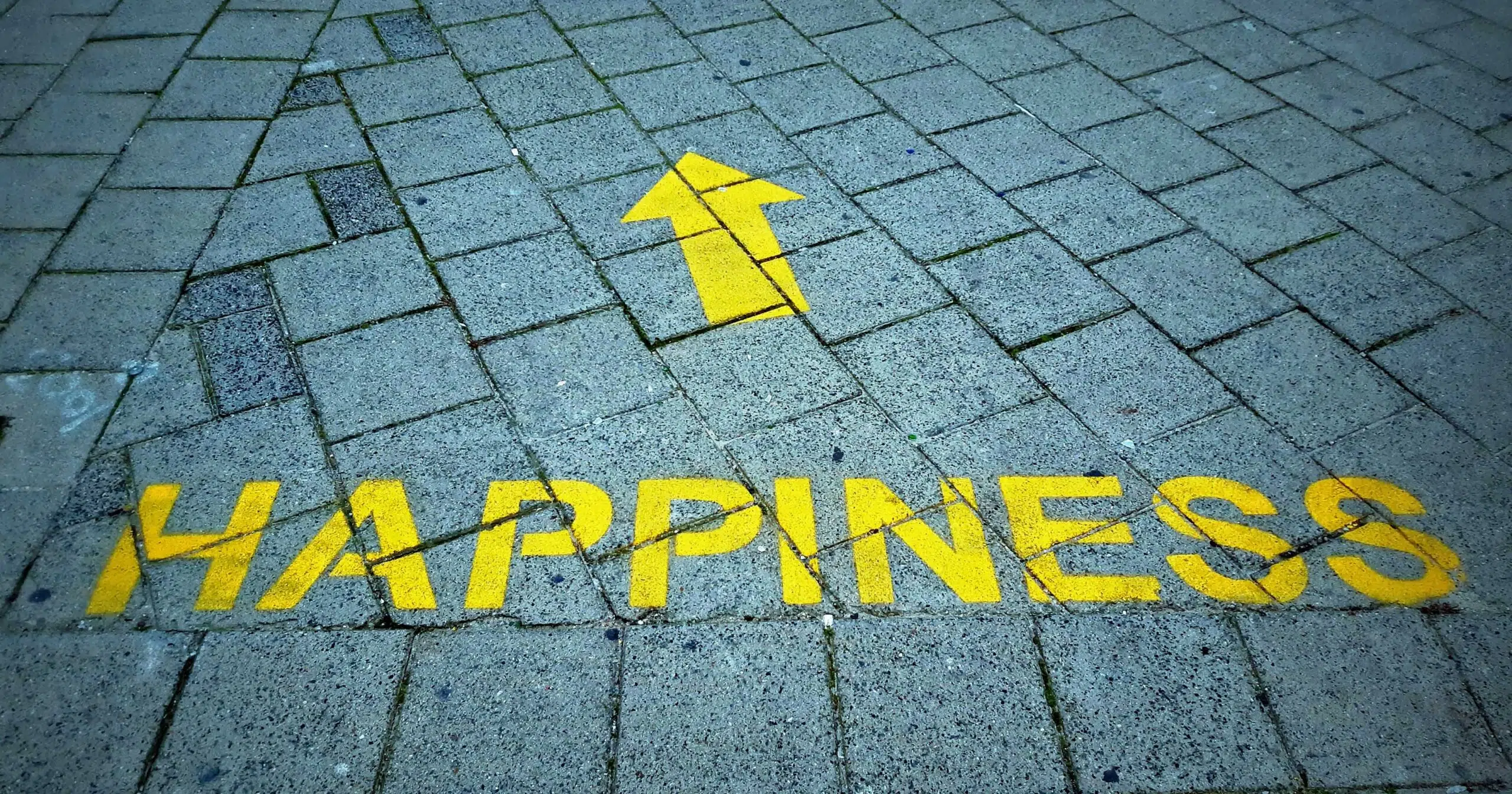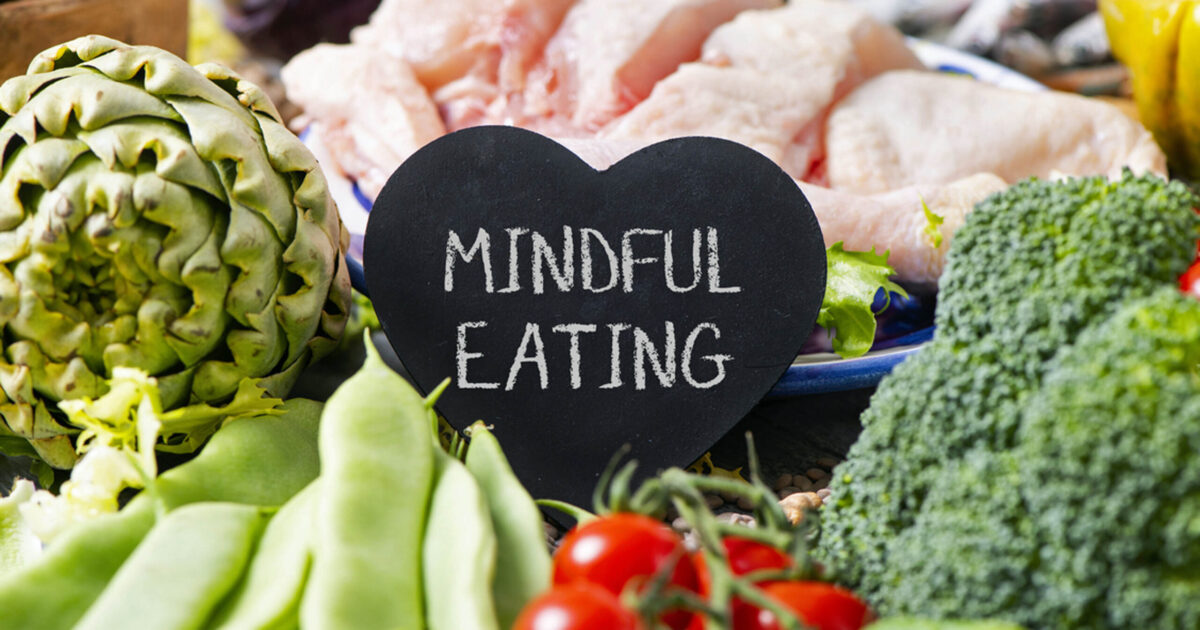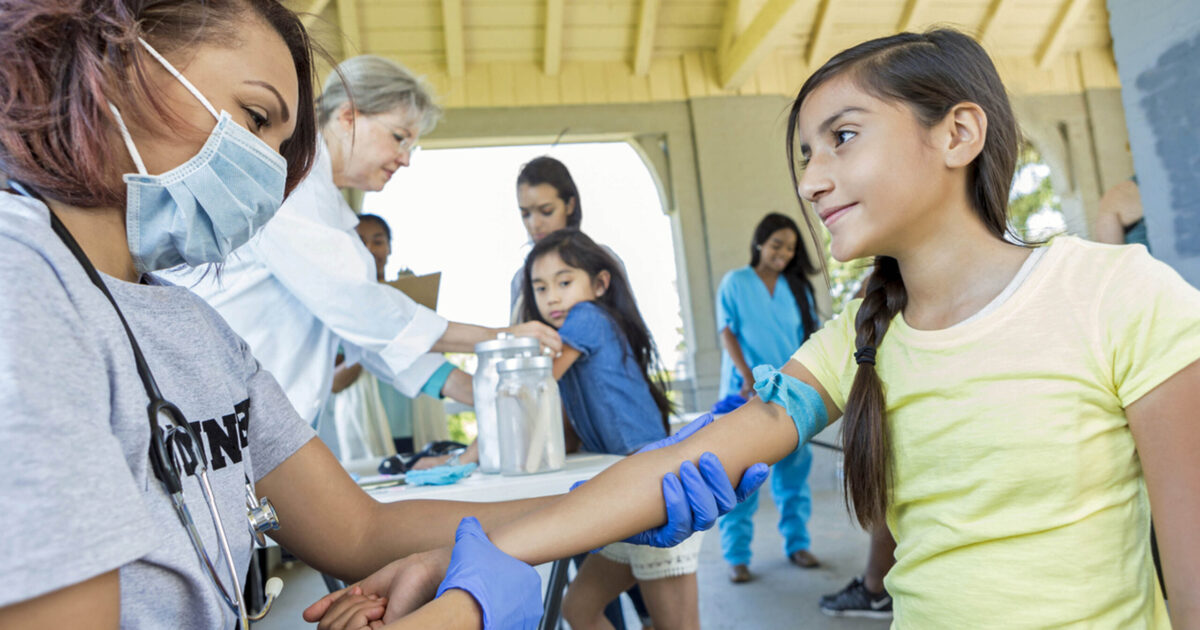Nurses and allied healthcare professionals often work in fast-paced environments where finding a moment of peace is elusive but essential to their well-being. If you’re a healthcare professional (HCP) always on the go, you might overlook the importance of prioritizing your mental health. Mindfulness and gratitude are two relatively easy ways to focus on mental health and improve your overall well-being. Vivian Health explores the value of using these practices and shares details on how you can incorporate them into your daily routines.
Why Mindfulness and Gratitude Are Needed Now

A survey of HCPs in Vivian Health’s 2024 Future of Healthcare Workforce Report found that 72% of respondents reported significant burnout on the job. Furthermore, a 2023 survey indicated healthcare is the most stressful career among 10 major job categories. This stress can further mount when HCPs encounter unruly patients, high patient-to-staff ratios or difficult colleagues. These stresses can also kick into overdrive if they have caregiving responsibilities at home or work extra shifts to make ends meet.
Can mindfulness or gratitude techniques really help healthcare professionals navigate these challenges? To some, mindfulness may sound like something new age, fluffy or pseudo-science. However, a well-respected body of evidence, based on numerous studies, has demonstrated that various mindfulness practices successfully help treat multiple areas of mental well-being. These areas include alleviating stress and reducing symptoms of both pain and depression.
5 Ways to Incorporate Mindfulness and Gratitude
Coping with stress can help reduce work mistakes, improve patient outcomes and, most importantly, benefit your health and well-being so you can thrive on and off the job. Here are five ways you can add mindfulness and gratitude to your daily routines, with tips to help you reduce stress every day.
1. Set Daily Intentions

Starting your day with clear intention is a powerful way for healthcare professionals to foster mindfulness and purpose throughout their day. By setting positive intentions, nurses and healthcare workers can approach their tasks with focus and compassion, creating a more balanced and fulfilling experience. Unlike goal setting, which is outcome-oriented, setting intentions is about how we want to be in the present moment. This shift in mindset helps professionals stay grounded amid the demands and unpredictability of healthcare.
To set daily intentions, healthcare workers can begin each day by taking just a few moments to reflect on how they wish to show up for themselves, their patients and their colleagues. Simple intentions like “I’ll remain calm in challenging situations,” “I’ll listen with compassion” or “I’ll take moments to breathe and recharge” can guide their mindset. This practice not only fosters mindfulness but also helps align actions with your personal and professional values.
Quick practices for setting intentions could include writing them down in a journal before work, mentally repeating them during a morning routine or even sharing them with a colleague for accountability. By setting these intentions, healthcare professionals can bring more focus, empathy and emotional resilience to their demanding roles.
2. Practice Mindful Eating

Mindful eating can be a transformative tool for healthcare professionals to help them slow down, enjoy the moment and counter the demands in high-stress, fast-paced environments. This practice involves paying full attention to the experience of eating—savoring each bite, recognizing hunger and fullness cues and appreciating the nourishment food provides.
It can be tempting to rush through meals or mindlessly snack during busy shifts. However, by slowing down and eating mindfully, healthcare professionals can nourish both their bodies and minds. Simple practices include taking smaller bites and chewing thoroughly to appreciate textures and flavors. These practices can help prevent overeating and promote better absorption of nutrients. They can also stave off indigestion symptoms, which can add to your work stress.
Even with limited time, you can practice mindful eating by stepping away from your workstation, if possible, and focusing solely on your food for a few minutes. Paying attention to how different foods make you feel can lead to more intentional choices that sustain energy throughout the day. Practicing mindful eating can transform a rushed meal into a moment of calm and nourishment, promoting well-being even in a hectic schedule. Plus, you can use these techniques whether eating a home-cooked meal or something grabbed quickly from the hospital canteen or nearby fast food establishment.
3. Keep a Gratitude Journal

Journaling is a simple yet powerful tool that can help HCPs shift focus from the day’s stresses to its positives. Writing down moments of gratitude encourages reflection on what went well, even during challenging shifts, and promotes a more positive outlook. Over time, this practice can enhance emotional resilience, reduce burnout and improve overall mental well-being.
You can start a gratitude journal by setting aside just a few minutes at the end of each day or shift to reflect on three things you’re grateful for. These entries don’t need to be lengthy or complex—simple moments like an interaction with a supportive colleague, a patient’s smile or even a quiet moment to breathe are all worth acknowledging. Keeping the journal easily accessible, like in a breakroom or a mobile app, can help build the habit.
Consistency is key to maintaining the practice, so professionals should aim to write brief entries daily or even just a few times a week. By focusing on small but meaningful moments, a gratitude journal can gradually train the mind to recognize the positives in each day, even amidst the demands of healthcare work.
4. Perform Mindfulness Exercises

Taking advantage of a short break to do mindfulness exercises can provide a much-needed reset for nurses and HCPs and help manage stress. Even with limited time, practical exercises like these can offer immediate relaxation and mental clarity:
- Focused Breathing: In just 1 to 2 minutes, you can practice focused breathing by inhaling slowly through the nose, holding for a few seconds and exhaling fully through the mouth. This simple exercise calms the nervous system and helps center the mind, making it easier to handle the next task with clarity.
- Body Scan: A quick body scan involves mentally scanning your body from head to toe, releasing tension as you focus your awareness on each area. You can perform a scan in under 5 minutes. It’s particularly beneficial for releasing stress in the neck, shoulders or back.
- Guided Imagery: During overwhelming moments, close your eyes and imagine a calming scene, such as a serene beach or a tranquil forest. Guided imagery provides a brief mental escape to help you readjust your mindset and relieve stress.
Several apps offer mindfulness practices tailored to busy professionals. Apps like Headspace, Calm and Insight Timer provide short, guided exercises that fit seamlessly into a healthcare worker’s schedule. These tools offer exercises specifically designed to reduce stress and promote mental well-being, even during the busiest shifts.
5. Pay It Forward in the Healthcare Community

Uplift those around you and encourage them to uplift others by paying it forward. Within the healthcare community, this practice can cultivate a supportive, positive work environment where kindness and camaraderie thrive. Simple acts of kindness—complimenting a colleague, offering help to a busy team member or providing emotional support—can have a profound ripple effect, enhancing morale and fostering a sense of unity. In high-stress healthcare settings, small gestures of compassion can significantly affect how individuals and teams feel and perform.
Acts of kindness can begin with something as simple as expressing gratitude to a coworker for their hard work or sharing a thoughtful note of appreciation. Offering to cover a quick task for an overwhelmed colleague, checking in on their well-being or sharing a comforting word during tough shifts are other meaningful ways to pay it forward.
These actions brighten the recipient’s day and often inspire them to extend the same kindness to others, creating a chain reaction of positivity. When kindness becomes a part of workplace culture, it can increase job satisfaction, reduce stress and strengthen team relationships. Ultimately, a culture of paying it forward contributes to a more resilient and connected healthcare community, benefiting everyone involved.
Use These Techniques in Pursuit of Your Dream Career
Incorporating mindfulness and gratitude practices into your daily routines can significantly impact your life by helping you manage stress, improve focus and foster emotional resilience. Techniques such as setting daily intentions, practicing mindful eating and engaging in short mindfulness exercises provide moments of calm and reflection, even during busy shifts. These practices enhance mental clarity, promote healthier choices and give your daily tasks a greater sense of purpose.
Practicing gratitude, such as keeping a gratitude journal or paying it forward at work, can help shift your focus from the challenges of the day to the positive aspects. Recognizing and appreciating small victories, offering support to your colleagues and fostering a culture of kindness can improve your mood and create a more supportive and positive work environment.
Related: Top Techniques for Building Emotional Endurance in Healthcare
Try at least one of these techniques for a week. Step by step, you can build mastery of mindfulness in healthcare. Take note of any changes in your stress levels and overall sense of fulfillment—you might be surprised by the impact! If you notice a difference, share these ideas with a friend and spread the positive results across your workplace.
Once you’ve recentered, you may feel a renewed energy and passion for your healthcare career. If you’re ready to look for a new role, create a free account with Vivian Health, where top health systems and recruiters post jobs for nurses and allied healthcare professionals in all 50 states and D.C. Let us help you find your dream career!









